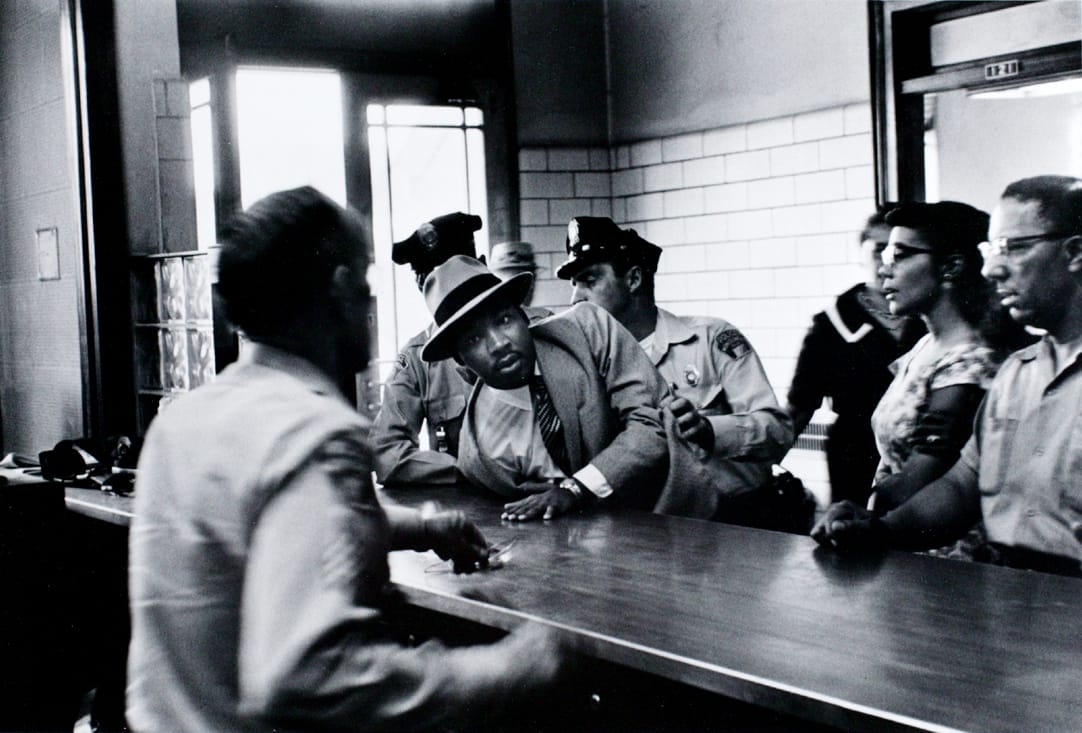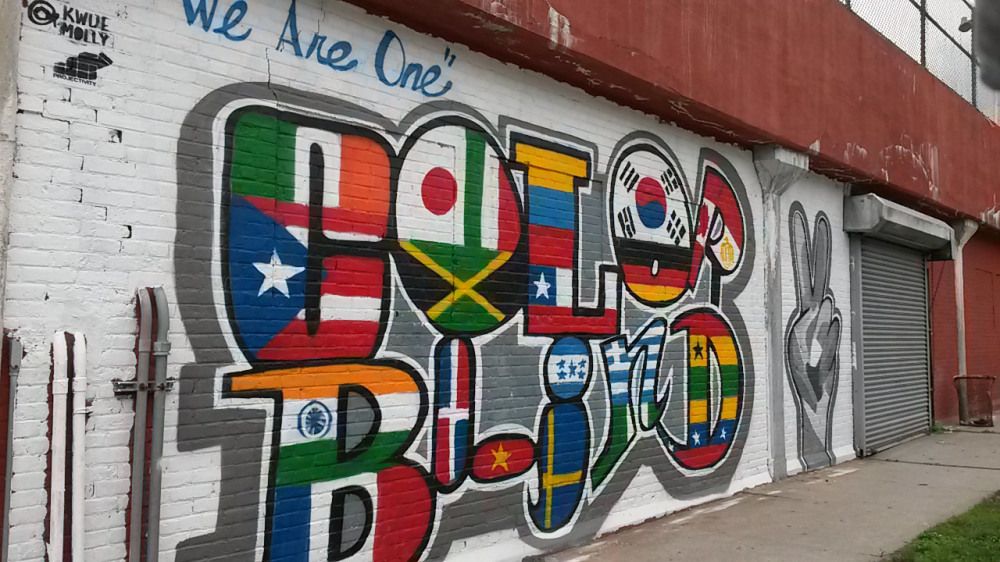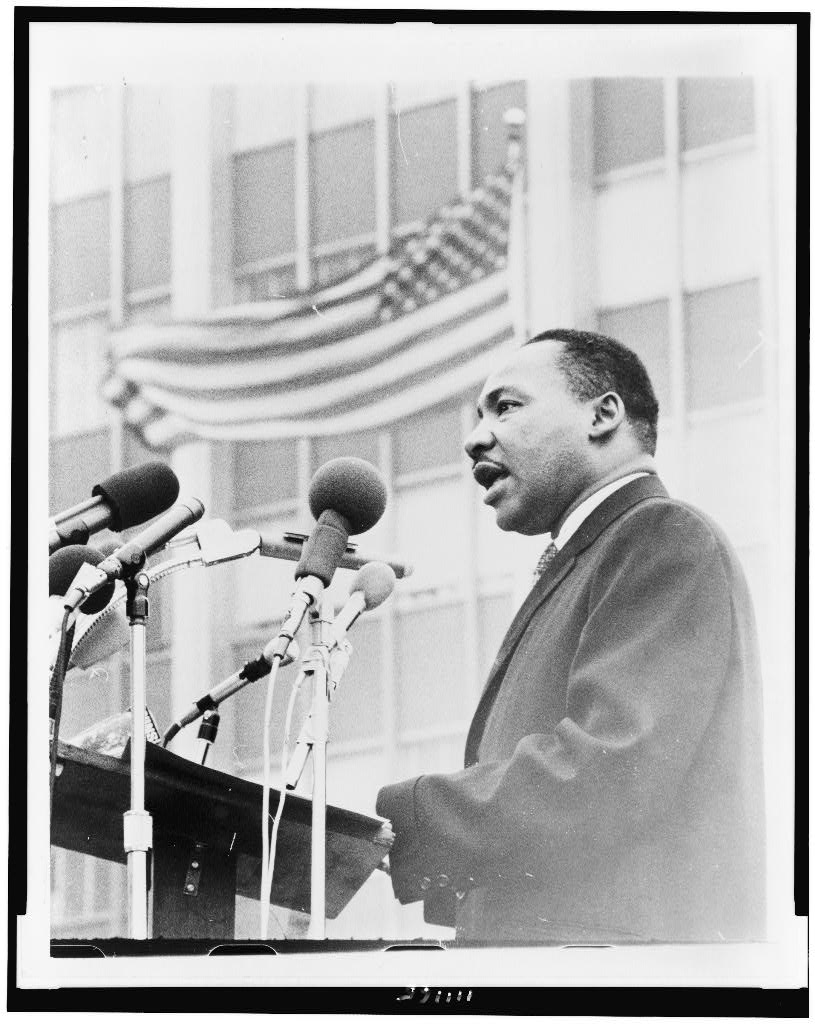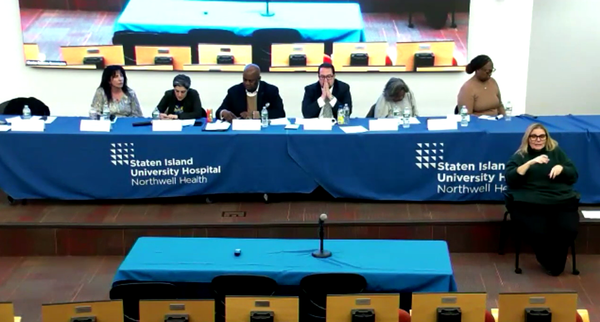Commentary: MLK Tried to Tell Us
While it is true that King championed nonviolent, direct action, and that his methods required great character, solidarity, and composure, Americans have, instead, reduced his legacy to one of compromise. King, however, was not compromising at all.

Today we commemorate the legacy of Dr. Martin Luther King Jr. Ironically, or maybe not, MLK Day was signed into law by Ronald Reagan, a president whose administration dealt serious harm to communities of color. In recent years, celebrations of King’s life have become commonplace around this time of year. From the circulation of King’s most famous speech, to releasing articles discussing King’s role in the Civil Rights Movement, to upholding his legacy as a champion of nonviolence, King’s legacy becomes ever present nationwide. How has King’s legacy been curated and discussed, though? And how has the way America commemorated King brought us to where we are as a nation today?
King’s legacy has been largely defined by folks in power: specifically, the public school system and major media outlets. The public school system outlines curricula and defines how we learn and discuss King. Major news outlets, both conservative and liberal, commemorate only certain aspects of King’s political being. For example, King has been historically reduced to a champion of nonviolent methods for transforming society. By reducing King’s legacy in this way, conservatives and liberals alike have been able to bring up King to critique activists and revolutionaries who use self-defense, insurrection, and armed rebellion as tools for liberation. On the other hand, activists on the ground — those who truly respect King and his legacy — have been pushing back to give King the recognition he deserves.
One consequence of the dominant narrative around King is that his “I Have a Dream” speech is referenced more in public spaces than any of his other speeches or letters. Overlooked analyses by King include “A Letter from a Birmingham Jail” (1963), “Why I am Opposed to War in Vietnam” (1967), and “Summer of Our Discontent” (1964). Each of these hold valuable lessons, applicable to today, for folks interested in truly transforming themselves, and society at large.
In “A Letter from a Birmingham Jail”, King asserts the following:
First, I must confess that over the past few years I have been gravely disappointed with the white moderate. I have almost reached the regrettable conclusion that the Negro’s great stumbling block in his stride toward freedom is not the White Citizen’s Council-er or the Ku Klux Klanner, but the white moderate, who is more devoted to 'order' than to justice; who prefers a negative peace which is the absence of tension to a positive peace which is the presence of justice; who constantly says: 'I agree with you in the goal you seek, but I cannot agree with your methods of direct action'; who paternalistically believes he can set the timetable for another man’s freedom; who lives by a mythical concept of time and who constantly advises the Negro to wait for a 'more convenient season.'
King’s analysis of two different, and seemingly opposed, groups of white people gives us a lot to draw from. It is the white moderate who has largely upheld King for his vision of nonviolence. Moderates, including those leaning conservative and those leaning liberal, have used King’s words to serve the purpose of pacifying radical movements. We see how this plays out politically and culturally, both nationwide and here on Staten Island. Local examples of this are the murals around Staten Island upholding the phrase “colorblind." This type of messaging comes not from fascist or right-wing forces, but from the very moderates with “good intentions” that King was referring to. Colorblind messaging is meant to convey some sort of non-racist language that sees human beings for who they are. In the minds of moderates this achieves King’s biggest dream: “I look to a day when people will not be judged by the color of their skin, but by the content of their character.” What this type of narrative actually does is erase the lived experiences — including oppression and resistance — of communities of color, particularly the histories of Black Americans. Specifically, it erases the very real racism and non-colorblindness that people living in the communities where these murals are erected face daily.

And, while it is true that King championed nonviolent, direct action, and that his methods required great character, solidarity, and composure, Americans have, instead, reduced his legacy to one of compromise. King, however, was not compromising at all. He was willing to always put himself in harm’s way when confronting white supremacist groups. He was also willing to, despite the possibility of strong pushback and loss of support, criticise moderate White America, for their abstract support for Civil Rights leaders. This abstract support allows moderates to feel comfortable upholding and calling for nonviolent methods, while being proud supporters of violent institutions like police and the military. In Staten Island, for example, the leaders of many nonprofit organizations who claim to support social justice comfortably advocate for nonviolence in response to instances of police brutality while also voicing support for the NYPD and the military. In some cases, these leaders advocate for communities of color to join these institutions.
Nationwide, a modern example of King’s legacy being diminished is how conservative and liberal media alike use MLK specifically (and the nonviolent branch of the civil rights movement, generally) to delegitimize both historical and current revolutionary groups and figures that include nonviolent, direct action as a part and not the whole of their political resistance. Tomi Lahren, when discussing the Black Panther Party being saluted in February of 2016, said the following:
A salute to what? A group that used violence and intimidation to advance not racial equality but an overthrow of white domination? The Black Panthers for those that don’t know were critical of Martin Luther King’s non-violent Civil Rights movement. They didn't believe in change through peace, they promoted violence instead.
Similarly, former President Bill Clinton, a main proponent of American liberal politics, used his eulogy for Civil Rights icon John Lewis to criticise movements that weren't expressly nonviolent. He juxtaposed the nonviolent Civil Rights Movement with the Black Panther Party to critique Black revolutionary Kwame Ture (Stokely Carmichael). Clinton expressed “ there were two or three years there where the movement went a little bit too far towards Stokely, but in the end John Lewis prevailed.”

Conservatives, liberals, and moderates uphold MLK as being strongly American and as being an American hero. In fact, he opposed capitalism, racism, and imperialism. All things that are part of the fabric of America’s existence. Bill O’Reilly, for example, on a video clip from January 20, 2020, exclaimed:
So Martin Luther King basically wanted equal opportunity for everybody, that's it, that's it. That's what he wanted, equal opportunity for everybody. Is there anybody who opposes that? Because if you do, then you shouldn't live in this country, because that's what the country was founded on.
Many people’s analyses, including moderates and liberals, have consistently been wrong about what America is. After the Capitol insurrection, many moderates were in shock. They did not understand how such a display of white nationalism could exist in our society. They did not understand how law enforcement could repress Black militant groups while being super cautious in their handling of white supremacist insurrectionists. Phrases like “This is not what America is” were constantly repeated. In large part, the liberal stance of not recognizing an openly violent America is very similar to, and misses the mark in the same way as, Trump's slogan: “Make America Great Again.”
We need to heed MLK’s words and stand up ferociously to fascists and outward racists. And at the same time, we must beware of the moderate who is "more devoted to 'order' than to justice; who prefers a negative peace which is the absence of tension to a positive peace which is the presence of justice…"
Cover Photo: Martin Luther King Jr. arrested Sept. 4, 1958, in Montgomery, Alabama, by patrolman J.V. Johnson, right center, and O.M. Strickland, left center. Coretta Scott King is pictured at right. Charged with “loitering,” King was arrested while standing on a street outside the courtroom where his friend Ralph Abernathy was appearing for trial. Photograph by Charles Moore | Wikimedia Commons
If you liked this piece and want to see more like it, please click here.




